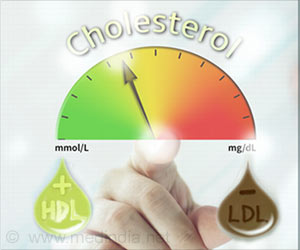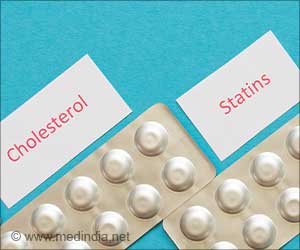Switching over to a high protein diet, ignoring low glycaemic index foods such as pasta, green salad, could result in elevation of bad-cholesterol levels.
Switching over to a high protein diet, ignoring low glycaemic index foods such as pasta, green salad, could result in elevation of bad-cholesterol levels, according to results of a controversial diet study, that would be presented at the National Heart Foundation conference, to be held at Sydney University, this weekend.
Although diet experts agree that a high carbohydrate diet (low on GI) and a high-protein diet would help one lose weight, intake of low GI foods might have a significant impact on the control of low density lipoprotein (LDL) levels. Low GI foods refer to foods that are slowly digested and absorbed by the body.The researchers examined nearly 129 men and women, between the age of 18 to 35 years. The study participants were divided into four groups and were assigned a specific diet that varied in the glycaemic load. All the study members were required to adhere strictly to the diet plan for a period of 12 weeks.
Although weight loss was seen in all the four groups, the elevation in LDL or bad cholesterol (by a margin of 10%) was significant in those under the high-protein diet (Atkins diet) with reduced carbohydrate intake. A noticeable reduction in the LDL level was seen in those provided with substantial levels low-GI carbohydrates and red meat (high protein content).
Surprisingly, the group that was on a high carbohydrate, low GI diet had the best reduction in both the cholesterol and body fat. As expected, inclusion of high GI foods such as bread and potatoes was found to increase levels of LDL. This perhaps highlights the protective effect of including low GI foods in the diet.
This interesting study has been funded by the Meat and Livestock Corporation. The researchers in view of the above finding warn that ignoring the GI content in carbohydrates could have adverse effects on the blood lipid levels.
'Lowering glycaemic load by reducing the GI of carbohydrates is the most effective mechanism of promoting body fat loss, as well as improvements in cholesterol level. Reducing glycaemic load by increasing protein may also be effective, but it's doubly important to choose low-glycaemic carbohydrates,' warned Brand-Miller, one of the study authors.
Advertisement










